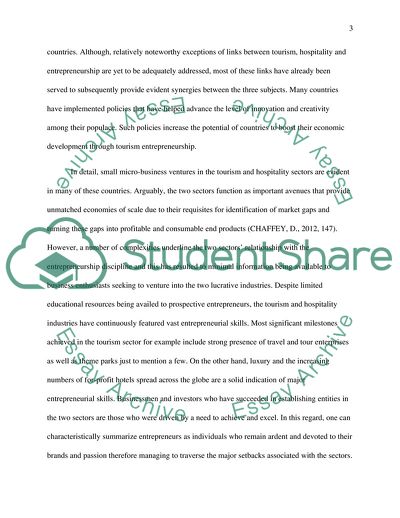Cite this document
(Small Business Development in the Tourism Industry Literature review, n.d.)
Small Business Development in the Tourism Industry Literature review. https://studentshare.org/tourism/1812032-a-research-based-essay-on-small-business-development-in-the-tourism-industry
Small Business Development in the Tourism Industry Literature review. https://studentshare.org/tourism/1812032-a-research-based-essay-on-small-business-development-in-the-tourism-industry
(Small Business Development in the Tourism Industry Literature Review)
Small Business Development in the Tourism Industry Literature Review. https://studentshare.org/tourism/1812032-a-research-based-essay-on-small-business-development-in-the-tourism-industry.
Small Business Development in the Tourism Industry Literature Review. https://studentshare.org/tourism/1812032-a-research-based-essay-on-small-business-development-in-the-tourism-industry.
“Small Business Development in the Tourism Industry Literature Review”. https://studentshare.org/tourism/1812032-a-research-based-essay-on-small-business-development-in-the-tourism-industry.


